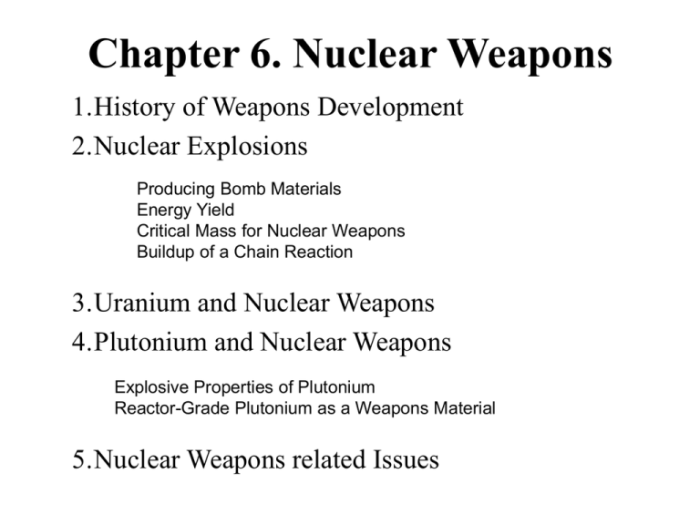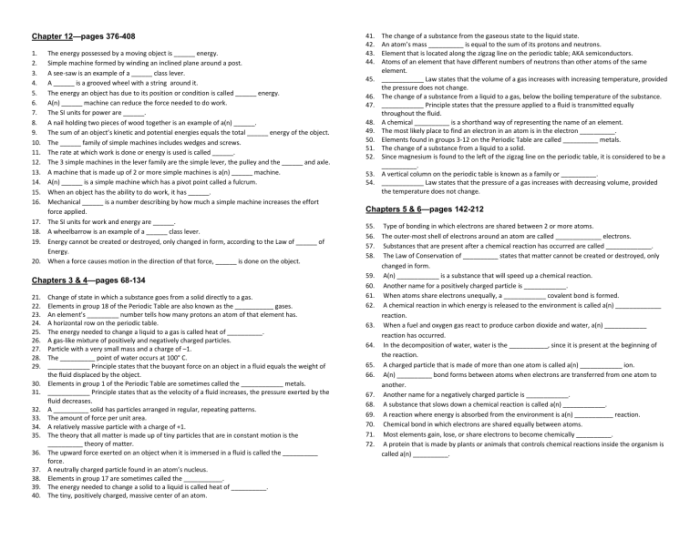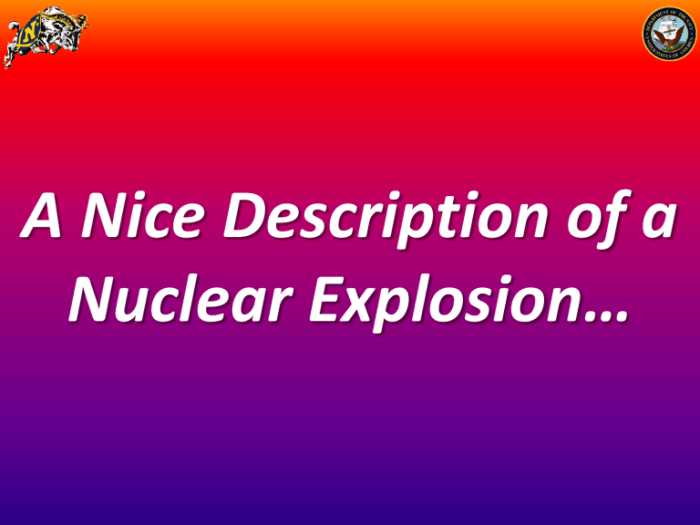An atomic assault additional practice answers – An Atomic Assault: Additional Practice Answers delves into the complexities of atomic warfare, offering a comprehensive exploration of its history, strategies, technological advancements, international diplomacy, civil defense, and lessons learned. This comprehensive guide provides a deeper understanding of the devastating consequences and ethical implications of atomic weapons, equipping readers with the knowledge to critically evaluate and engage with this critical issue.
Atomic Assault: Historical Context: An Atomic Assault Additional Practice Answers

Atomic warfare emerged during the closing stages of World War II, when the United States unleashed nuclear weapons upon the Japanese cities of Hiroshima and Nagasaki in August 1945. These devastating attacks, resulting in hundreds of thousands of casualties, heralded a new era of immense destructive potential and ushered in the atomic age.
Strategic Considerations
Benefits and Risks
The use of atomic weapons in modern conflict poses significant potential benefits and risks. While they offer immense destructive power that could swiftly end wars, their deployment also carries catastrophic consequences, including widespread civilian casualties, environmental devastation, and long-term health effects.
Ethical Implications
The ethical implications of employing atomic weapons are profound. The indiscriminate nature of these weapons raises serious moral questions about the justification of causing such widespread suffering and the potential for escalation to a full-scale nuclear war.
Deterrence
Atomic weapons have played a crucial role in deterring potential aggressors through the threat of mutually assured destruction (MAD). However, the reliability and efficacy of deterrence strategies remain subjects of ongoing debate and concern.
Technological Advancements
Technological advancements have led to the development of more powerful and sophisticated atomic weapons. Modern nuclear warheads possess yields far greater than those used in Hiroshima and Nagasaki, capable of inflicting unprecedented levels of destruction.
These advancements have also increased the accuracy and range of delivery systems, reducing the time it takes for nuclear weapons to reach their targets and complicating efforts to intercept or defend against them.
Ongoing research and development efforts suggest that future atomic weaponry could be even more destructive and potentially introduce new challenges for deterrence and defense.
International Diplomacy
Nuclear Disarmament and Non-Proliferation, An atomic assault additional practice answers
International diplomacy plays a critical role in preventing and resolving atomic threats. Efforts to promote nuclear disarmament and non-proliferation aim to reduce the number of nuclear weapons and prevent their spread to additional states.
However, these efforts face significant challenges, including the reluctance of nuclear-armed states to relinquish their arsenals and the emergence of new nuclear powers.
Breakdown in Diplomacy
A breakdown in diplomatic efforts could lead to increased tensions and the potential for nuclear conflict. The consequences of such a breakdown could be catastrophic, with far-reaching implications for global security and stability.
Civil Defense and Preparedness

Protective Measures
Civil defense measures are essential for protecting civilians from the effects of an atomic attack. These measures include early warning systems, evacuation plans, and the provision of shelter and medical care.
Challenges
Providing adequate civil defense and preparedness poses significant challenges, including the need for widespread public education, the development of effective early warning systems, and the coordination of emergency response efforts.
Aftermath
In the aftermath of an atomic attack, providing medical and psychological care to survivors is crucial. The long-term health effects of radiation exposure and the psychological trauma experienced by survivors require specialized treatment and support.
Lessons Learned

Past atomic assaults have taught valuable lessons that can help prevent or mitigate future attacks. These lessons include the devastating humanitarian consequences of atomic warfare, the importance of nuclear deterrence, and the need for international cooperation to reduce nuclear risks.
Applying these lessons requires a commitment to nuclear disarmament, non-proliferation, and the strengthening of international diplomacy. It also entails educating the public about the dangers of atomic warfare and fostering a culture of nuclear responsibility.
FAQ Explained
What are the key lessons learned from past atomic assaults?
Past atomic assaults have highlighted the devastating humanitarian consequences, the importance of early warning systems and evacuation plans, and the need for international cooperation to prevent nuclear proliferation.
How can technological advancements impact atomic warfare?
Technological advancements have led to the development of more powerful and sophisticated atomic weapons, potentially increasing the scope and impact of atomic warfare and necessitating ongoing efforts to mitigate these risks.